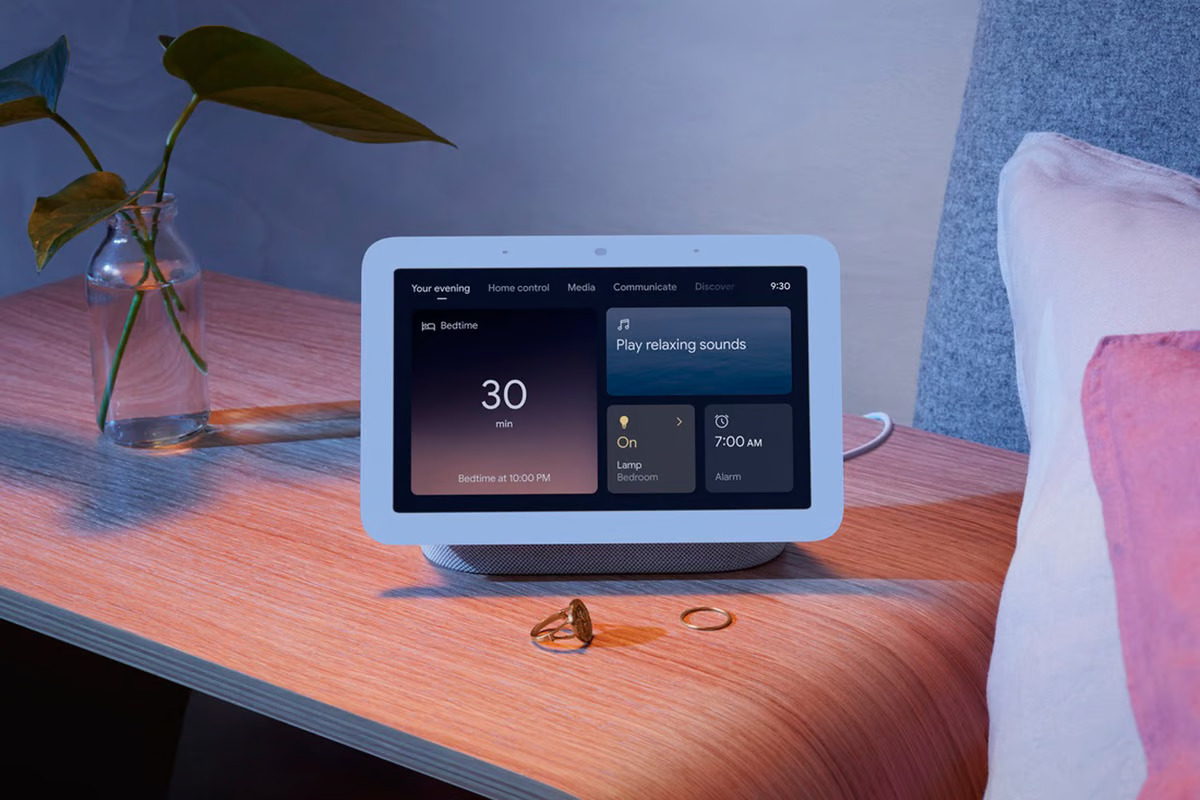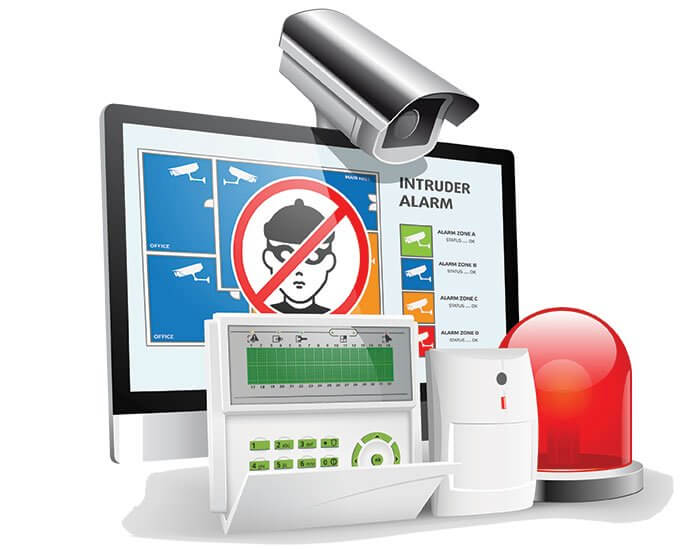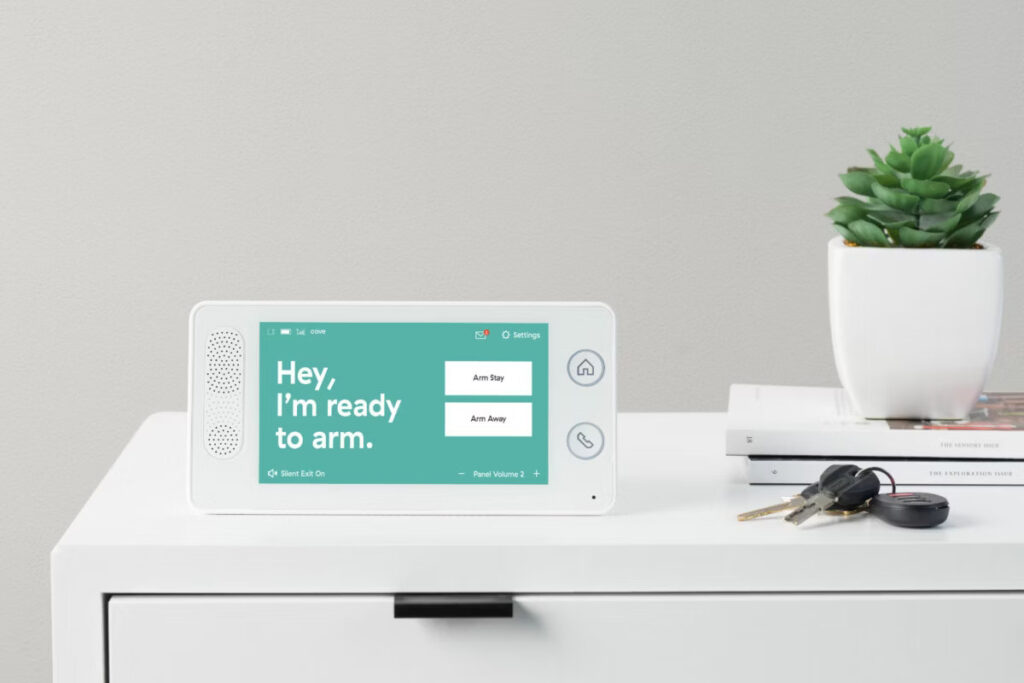
Understanding the basics of alarm monitoring
When it comes to securing our homes and businesses, alarm monitoring plays a vital role. But what exactly does this term encompass? In simple terms, alarm monitoring refers to the process of supervising alert systems to ensure they function correctly and respond appropriately when triggered.
What is alarm monitoring?
Alarm monitoring involves the use of various technologies and services designed to keep a vigil over alarm systems. When a sensor is triggered—be it due to a break-in, fire, or another emergency—the monitoring service is notified, allowing them to act swiftly.
Essentially, an alarm monitoring service acts as a watchdog for your property. Often connected to the local authorities, when an alarm is activated, the monitoring service can alert police, fire, or medical services without delay, ensuring prompt action. This instant communication can be a game-changer in emergencies, preventing potential damage or loss.
The importance of alarm monitoring
Alarm monitoring is not merely a luxury; it’s a necessity for many. With rising crime rates and unpredictable emergencies, having a reliable monitoring service can provide peace of mind. Whether you’re at home or away on holiday, knowing that experts are observing your property can make all the difference.
Moreover, it can deter potential intruders. The knowledge that a home is being monitored often discourages criminal activity, making alarm monitoring an essential aspect of home and business security strategies. Ultimately, the importance of alarm monitoring lies in its ability to safeguard what matters most.

Different types of alarm monitoring systems
Alarm monitoring systems can be broadly categorised into two types: residential and commercial. While both serve the same fundamental purpose of security, they are tailored to the unique needs of each environment.
Residential alarm monitoring systems
In residential settings, alarm monitoring systems typically include basic features such as burglar alarms, fire alarms, and environmental monitoring (like carbon monoxide detection). Homeowners often prefer solutions that are straightforward and easy to manage, which is where smart home integration comes in.
Modern residential systems may offer mobile app capabilities, allowing homeowners to monitor their properties remotely. Whether receiving instant alerts on your smartphone or checking security footage while at work, these systems provide convenience and reassurance.
Commercial alarm monitoring systems
On the other hand, commercial alarm monitoring systems tend to be more complex, tailored to accommodate larger spaces and a wider array of possible threats. In addition to standard burglar and fire alarms, businesses may incorporate access control systems, environmental sensors, and comprehensive surveillance equipment.
Given the potential for significant financial loss in case of a breach, commercial establishments often require more robust monitoring solutions. This is why many companies opt for specialised services that offer 24/7 monitoring, ensuring that they can swiftly address any threats to their operations.
How does alarm monitoring work?
Understanding the mechanics behind alarm monitoring can help you appreciate its importance. It’s fascinating to see how different components work together to enhance security.
The role of sensors in alarm monitoring
Sensors are at the heart of every effective alarm monitoring system. They detect changes in the environment, whether it’s motion, sound, temperature, or the presence of certain chemicals. When a sensor is triggered, it sends an alert to the monitoring service, initiating a swift response.
These sensors can be placed strategically throughout a property, providing comprehensive coverage. From door and window sensors to motion detectors and smoke alarms, their integration is essential for a well-rounded security system.
The process of alarm verification
One of the crucial steps in alarm monitoring is verification. Not all alarms indicate a real threat; false alarms are common. Monitoring services employ verification processes to distinguish between real emergencies and benign triggers.
This may involve visual verification through surveillance cameras or communication with the homeowner directly. By confirming that a genuine threat exists before involving local authorities, these services reduce unnecessary responses and help maintain valuable police resources.

Choosing the right alarm monitoring service
With the multitude of options available, selecting the right alarm monitoring service can seem overwhelming. However, keeping a few key factors in mind can simplify the decision-making process.
Factors to consider when selecting a service
Firstly, consider the reputation of the service provider. Look for reviews and testimonials from existing customers to gauge their reliability and efficiency. Additionally, assess the level of customer support they offer—24/7 assistance is often essential in emergency situations.
Response times are another critical factor to explore. How quickly does the service react when an alarm is triggered? Investigating these details will help you choose a service that aligns with your security needs.
Understanding the costs of alarm monitoring
The cost of alarm monitoring can vary significantly based on the services offered and the complexity of the system. Monthly fees may cover basic features to comprehensive packages, including mobile monitoring and additional equipment. It’s advisable to request quotes from multiple providers and thoroughly examine what each package includes.
Consider your budget and the value of the assets you’re seeking to protect. Investing in a reputable alarm monitoring service can be priceless when it comes to safeguarding your home or business.
The future of alarm monitoring
As technology evolves, so too does alarm monitoring. Staying abreast of these changes can help you optimise your security measures.
Technological advancements in alarm monitoring
Recent advancements have introduced artificial intelligence and machine learning into alarm systems. These technologies enhance the detection of unusual patterns, allowing systems to learn and adapt. Such innovations lead to improved accuracy, less reliance on human monitoring, and faster response times.
Additionally, integrating IoT devices has opened doors for even more functionality. Smart locks, cameras, and sensors can all connect to a single app, providing seamless control and monitoring capabilities from your mobile device.
The impact of smart homes on alarm monitoring
Smart homes are changing the landscape of alarm monitoring dramatically. Devices that communicate with each other enhance security by offering a comprehensive approach to home automation and monitoring.
For example, when a smoke alarm is triggered, smart systems can automatically turn off HVAC to prevent smoke circulation while notifying the fire department. This level of integration not only improves safety but also simplifies home management, making it an exciting time to explore alarm monitoring solutions.
In conclusion, understanding alarm monitoring is crucial for anyone seeking to protect their property effectively. By exploring its fundamentals, types, workings, and future trends, you can empower yourself to make informed decisions regarding your security needs.
More to read: The Best Home Security Systems in Australia
